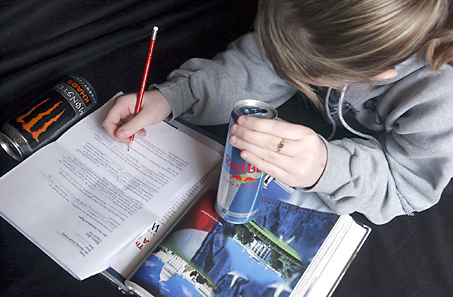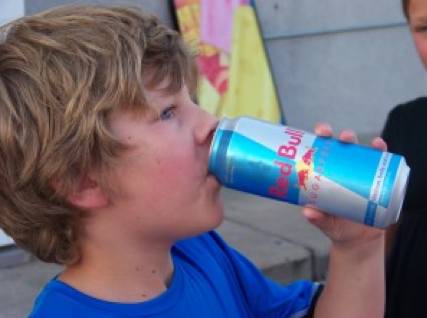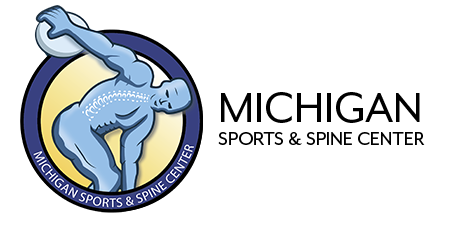Coffee, Energy Drinks & Caffeine – the good, the bad & the downright ugly


There are more than 500 energy drink products on the market, and their increased popularity is matched by a significant rise in energy drink-associated emergency department visits and deaths!
Now that’s hard to swallow.
It’s no secret that we’re living in a society where adults and children alike, are consuming too many energy drinks or caffeine in order to ‘get it all done,’ cramming more into their daily schedule.
High caffeine levels can lead to caffeine intoxication, a condition that can lead to hypertension, heart palpitations, convulsions, nausea and vomiting, psychosis, and in rare cases, death.
Drinking caffeine can also cause heart problems, such as:
- chest pain or angina
- cardiac arrhythmia (an irregular heartbeat)
- sudden death
GOOD VS. BAD
The Good:
- For brain function caffeine can be highly advantageous and caffeine consumers are likely to find that they can benefit from either a cup of coffee or a sports drink (energy drinks are not considered sports drinks) in terms of focus and concentration, as well as wakefulness.
- Coffee is an all-natural beverage.
The Bad:
- Energy drinks are high in sugar (sweetened coffee contains much less). To put this into perspective, a Monster energy drink has 54 grams of sugar; this is equal to 13.5 teaspoons!
- Energy drinks are laden with artificial flavors, preservatives and dyes.
- Coffee is sipped. Energy drinks tend to be consumed more quickly, thus distributing their dose of caffeine quicker, this in turn is not healthy.
- Besides being marketed to young adolescent boys, energy drinks are sweet and often fruit flavored, thus appealing to kids and teens.
LET KIDS BE KIDS
Just because children are walking around with their iPhone’s and tablets, doesn’t mean they need a Starbuck’s or energy drink in their hand too.
For today’s kids, caffeine in coffee, soda and energy drinks is easier to get than ever before. Over the past few years, children have been drinking less soda but are rapidly increasing their consumption of energy drinks and coffee.
Effects of caffeine can include rapid heartbeat, high blood pressure and anxiety. Obviously parents don’t want to contribute to their children experiencing these problems prematurely or at all.
More reasons to teach your kids to say, ‘NO’ to caffeine:
- The amount of sugar in caffeinated drinks is alarming and contributes to child obesity.
- Starting caffeine at an early age is creating a habit that will be difficult to cut off.
- The American Academy for Pediatrics says, ‘caffeine doesn’t have a place in the diet of any child or adolescent.’
If kids need extra energy, let them get that boost from exercise, stretching and playing outside. Our children grow up so fast, help them implement healthy habits.
ENERGY DRINKS RUIN ATHLETIC PERFORMANCE
After drinking an energy drink some people argue they have more power, strength and resistance to engage in sports. Really, it’s only the results of the high caffeine that’s providing that ‘edge,’ or boost of energy. The other ingredients in energy drinks provide no more energy than you’ll find in a soda. Instead what you may get is increased nervousness, insomnia and a level of stimulation in the hours following your sports competition. In the end, this can sabotage your athletic performance. An hour or more before you play sports or workout (allowing time to digest), eat a source of complex carbs.
WHAT YOU NEED TO KNOW (a.k.a. the ugly):
- According to a new study, drinking 32 ounces of an energy drink is associated with potentially harmful changes in blood pressure and heart function that are beyond those seen with caffeine alone.
- 40% of ‘energy drink exposure’ calls to poison control centers are for children under the age of 6. In nearly all of these cases, the parents were unaware their child had gotten hold of an energy drink. Again, in nearly all of these cases the children were experiencing serious effects, such as seizures or abnormal heart rhythm.
- The Food and Drug Administration (FDA) doesn’t set a standard for what is to be considered a safe amount of caffeine for kids. The American Academy of Pediatrics prefers children consume no caffeine, however about 73% of kids do consume caffeine every day (according to their research).
- Studies show, children and adolescents are the fastest growing population of caffeine consumers.
- The FDA suggests that moderate amounts of caffeine are not harmful for healthy adults. The FDA considers a ‘moderate amount’ between 100 – 200 mg (one to two 5-ounce cups of coffee). Other FDA guidance has cited 400 mg a day (four to five cups of coffee), “as an amount not generally associated with dangerous, negative effects.”
- The FDA considers more than 600 mg of caffeine a day to be too much. Although the impact caffeine has on someone varies based upon their size, gender, and how sensitive they are to caffeine.
BEWARE OF THE EVILS OF ENERGY DRINKS
Energy drinks are known to cause:
- heart palpitations
- sleep deprivation
- weight gain – those empty calories add up
- headaches and migraines
- digestive turmoil or upset
- impaired cognition
- excess perspiration – yes, they can make you smelly
- anxiety
There are tons of dangers of mixing alcohol with energy drinks. Simply…don’t do it. Also, for women who are pregnant and drinking energy drinks there’s a higher risk of miscarriage.

HEALTHY ALTERNATIVES TO CAFFEINE
Get energy in other ways!
- If you have a big project that needs to be accomplished, it’s a good idea to eat some carbohydrates (again, you do not want this to be sugar). The brain relies on energy in the form of carbs in just the same way that the muscles do. If you want to work for a prolonged period of time, eat carbs. Sugar again will simply result in the body having a short burst of energy, followed by a trough, which will make you struggle more to focus than you were before.
- Better than a coffee or energy drink is a banana, apple or a sandwich that will give you a slower release of energy.
- Drink more water.
- Soak up some sunshine for 15 – 20 minutes. Getting outside, away from fluorescent lighting will give you energy and elevate your mood.
- Stand up. Stretch. Move around.
- Breathe deeply.
- Sit up straight. Shifting your posture can immediately give you more energy.
- For an instant boost of energy, tap your thymus (located at the center top of your chest, bellow the collar bone) with your fingertips for 20 seconds, while slowly and deeply breathing in and out.
A lot to think about, right? Consider this article the next time you go to grab another caffeinated beverage.
Sources: WebMD, Health Guidance, Reuters, CNN, Caffeine Informer
ABOUT MICHIGAN SPORTS & SPINE CENTER:
We’re innovative leaders utilizing cutting-edge technologies such as musculoskeletal ultrasounds, PRP, stem cell treatment, and other innovative procedures. Michigan Sports & Spine Center is committed to resolving your pain, not simply masking it. We treat the whole body, not just the injury, and perform preventative treatment so your injury doesn’t come back. Our studies prove that Michigan Sports & Spine Center has patient success rates much higher than the national average. We treat everyone from high-profile athletes to your neighbor next door. Our primary focus is getting our patients back into the game of life!
